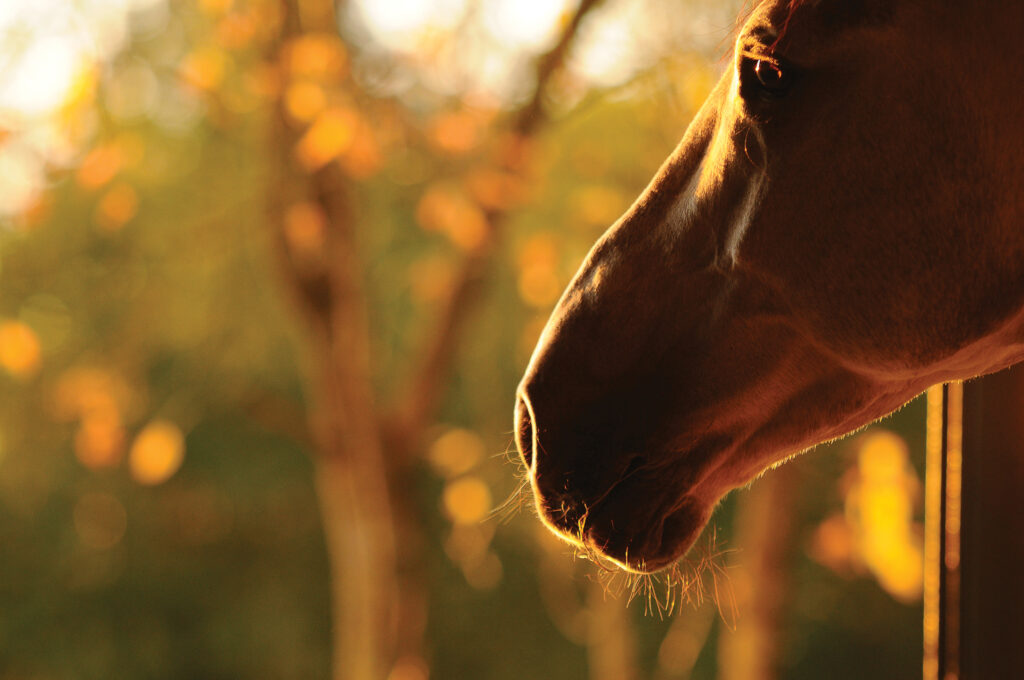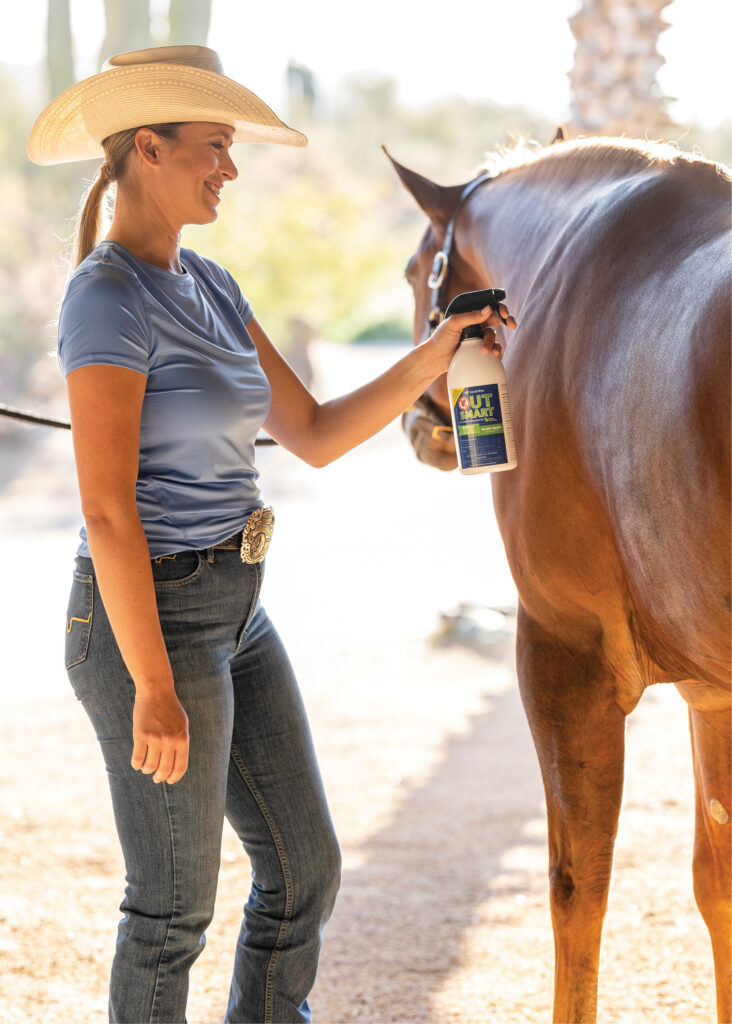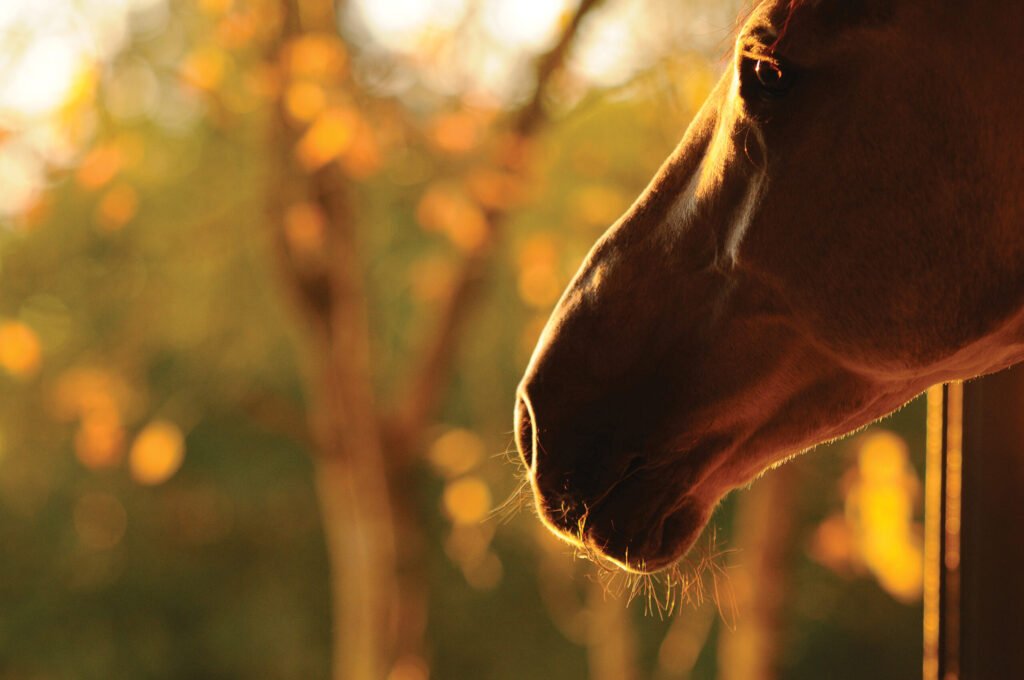Dealing with parasites is a common concern for horse owners as they can have a significant impact on the health of your horse if not properly managed.
Simply deworming your horse is not enough to effectively control parasites. In this article, we will discuss common internal and external parasites and five strategies you can implement to minimize their presence. While it is impossible to completely eliminate parasites, taking proactive measures can greatly reduce the risk of infestation and related health issues.

1. Manage the Environment
Proper cleanliness and environmental control are key to preventing a parasite infestation. Flies are a common nuisance and are often the first target for horse owners looking to manage parasites. You can use fly traps, Spalding Fly Predators, sprays, face masks, and body sheets to reduce the presence of flies, botflies, ticks, and other pests around your horse.
Many parasites thrive in overgrown grass and dirty bedding, so it is important to regularly mow pastures, clean stalls, and eliminate standing water to minimize breeding grounds.
2. Mind that Manure
Parasites, especially worms, are often spread through manure. It is essential to clean stalls, manage pasture manure, and rotate grazing areas to provide your horse with fresh, parasite-free forage. Consider rotating pastures and adding other livestock like cattle or sheep to disrupt parasitic life cycles.
3. Keep Them Clean
Regular grooming not only helps prevent parasites from taking hold on your horse, but it also allows you to detect and treat them early. Removing botfly eggs and treating mites, lice, and ticks can prevent diseases like mange and Lyme disease.

4. Regular Deworming Programs
In addition to environmental control, deworming is crucial in preventing internal parasites. Instead of using the same dewormer regularly, consult with your veterinarian to determine the best deworming strategy based on manure samples and rotate dewormers for optimal protection.
5. Keep Horses Healthy
Healthy horses are less susceptible to severe parasite symptoms, so ensure your horse is well-fed and in good condition. Provide high-quality feed, clean water, exercise, and regular veterinary care to maintain their health.
If you notice any signs of a parasitic infestation in your horse, contact your vet immediately. Symptoms may include a dull coat, sudden weight loss, poor appetite, diarrhea, colic, tail rubbing, or visible parasites in the manure or on the skin.
—H&R—

